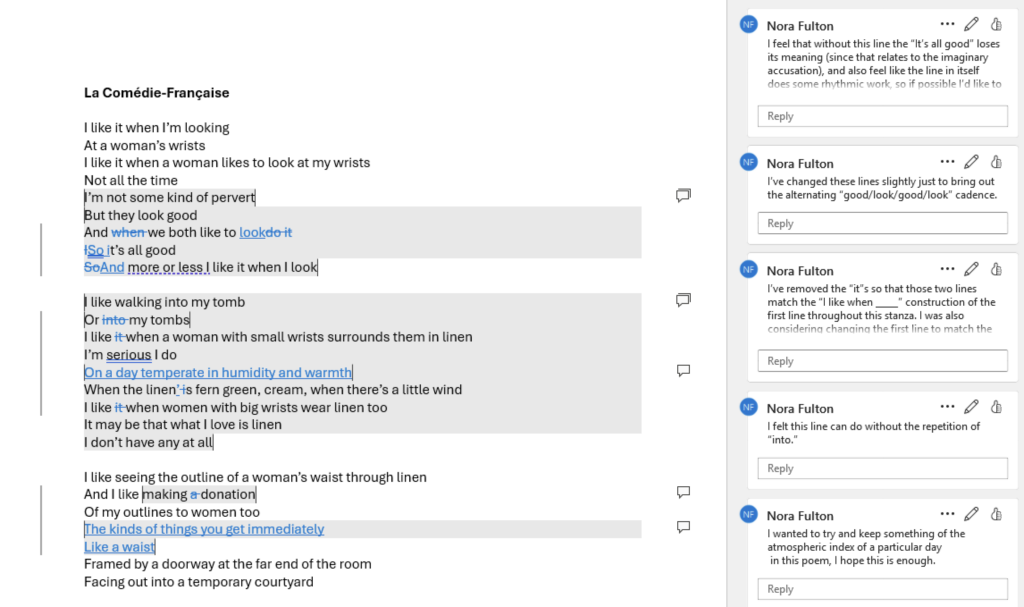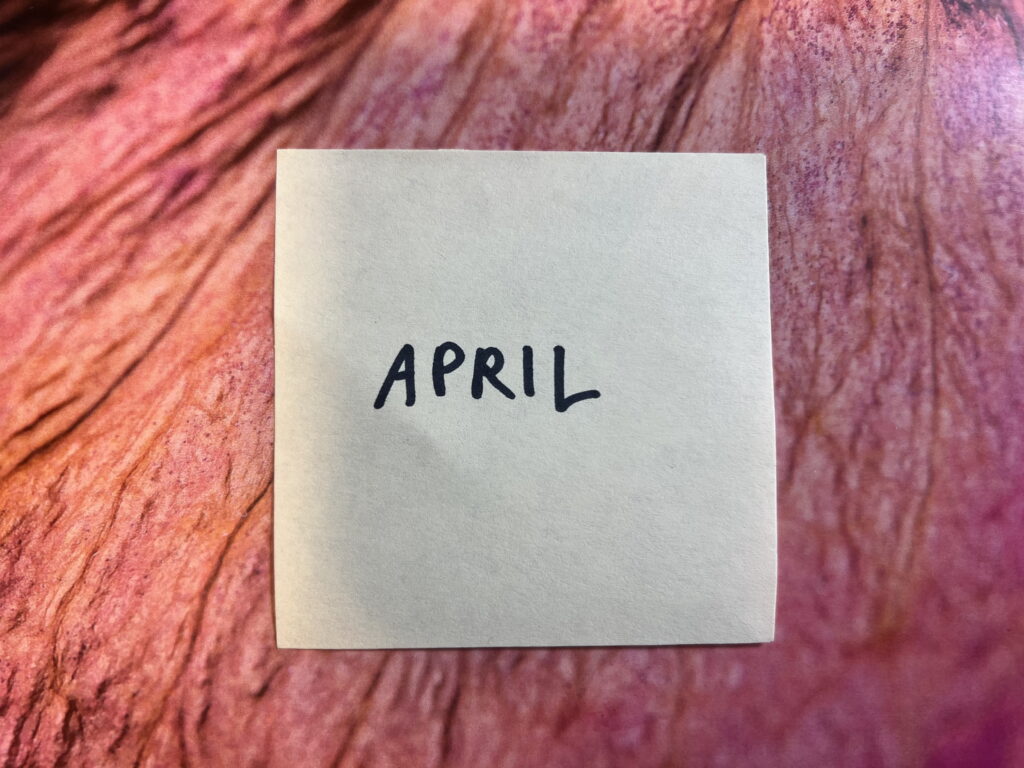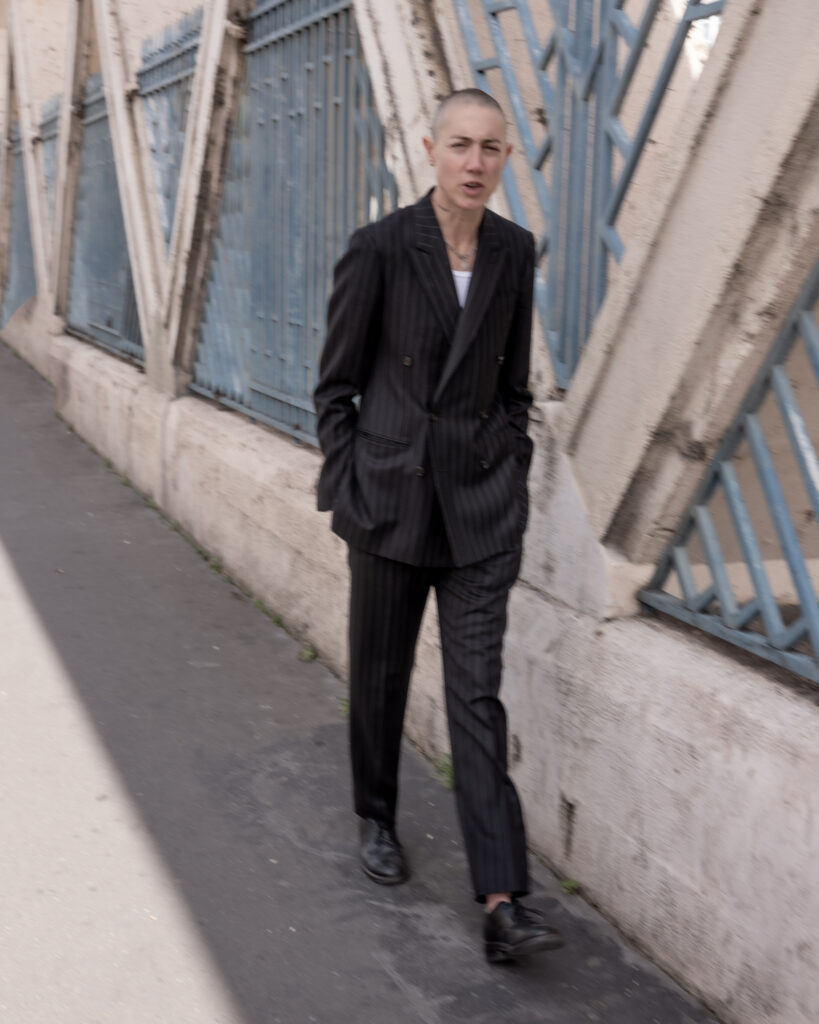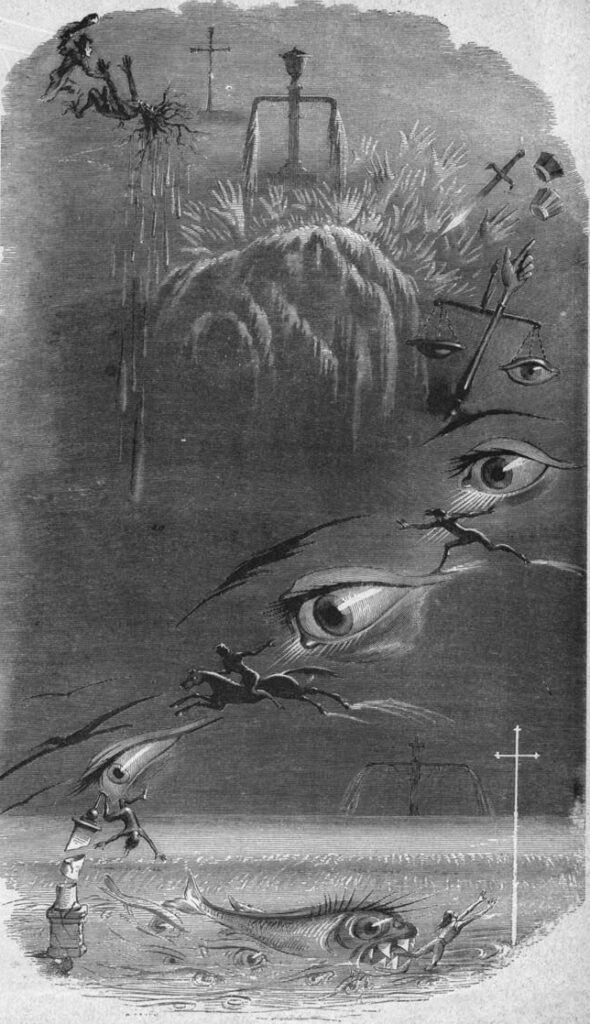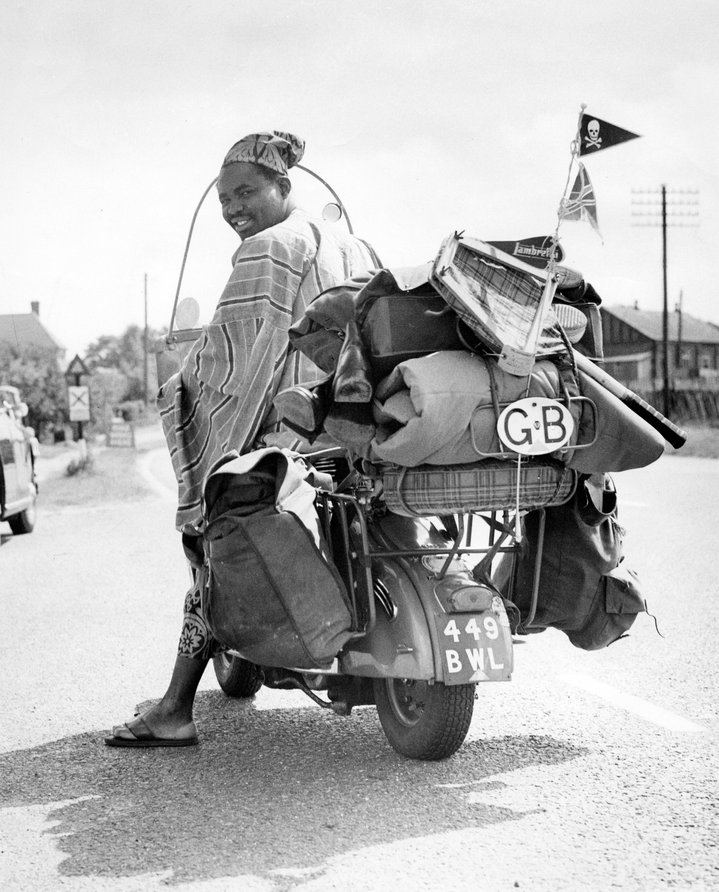Photograph by Kalpesh Lathigra.
The setting: sixties Paris, Saint-Germain-des-Prés, full of rich men’s sons, and their daughters, too. On my mother’s side there were four sisters, just as on my father’s side four brothers, the same madness on each side of the family, because families are always mad. She was the youngest, born in a château. When they met she was living in a large apartment on the rue Bonaparte, with the sister closest in age, the one who’s going to die of alcohol and pills. Overdose or suicide, hard to tell in these cases. The building belonged to her family, to their family, to my family, in the entrance hall there was a marble bust of an ancestral baron and they had cousins on every floor. Her own father, my grandfather, died when she was fourteen, he was also an MP, a government minister even, but he had been dead for a long time. Her mother, my grandmother, lived in the southwest with her dogs, and came to Paris from time to time to see what was happening. There were arguments, tears, scenes. Everyone in that family was violent. Aristocracy makes you crazy. Not because of the inbreeding, but because of faith. Faith that it is possible to be noble. In that family they raised children like they raised horses, to be beautiful. Being beautiful meant lots of different things. The rest was of no importance.
After the bac, after all those years at boarding school with the nuns, she signed up for classes at the Sorbonne, and she was stopped in the street. They offered to take her picture, she posed for magazines, walked in runway shows, became a model, there was something terrifying in her beauty, for everyone, for her as well.
When she comes to pick me up from school, ten or fifteen years later, that is what I see. Among the other mothers, normal and ridiculous, she is taller, thinner, with her big coats and sunglasses. Even the fat unruly spaniel at the end of his leash makes her look only more royal. She could have gone around walking a pig and everyone would find it perfectly normal, even sublime. Everyone makes way for her when she walks down the street, it’s like they feel compelled to bow to her, or to carry the hem of her coat, or to adopt the most sophisticated protocol, like in the empire of China in the first few pages of René Leys. I am amazed they even manage to address her directly, they even sometimes call her tu. She calls everyone tu. She is very warm. Never a snob. Keep it simple, she says to anyone who never manages to be. Proust’s Duchesse de Parme. They all fall under her spell. Everyone. I see it. It grabs hold of them. It’s physical. They are no longer quite themselves. My friends, my friends’ parents, the baker, a bum, it doesn’t matter who, she turns them all to jelly.
When I am with her, I watch things happen, it never fails. The way they desire her. A crazy, respectful desire. You don’t fuck a queen up against a wall. You may think of nothing else, but you don’t touch her. You hope that she will lower herself to your level. That she will lower herself and fuck you. My mother always enjoys it. She parades her sovereign desire throughout the world. To be her child is to be sexual before anything else, because she is. To get hard and to come, to be frustrated and perverse, voyeur and pimp, calm and furious. I am a witness or an accomplice, I watch people fall beneath her gaze, I am the favorite son or daughter, I am the crown prince, tu quoque mi fili, you too, my child? I delight in it I am enraged by it, I am waiting for my hour.
